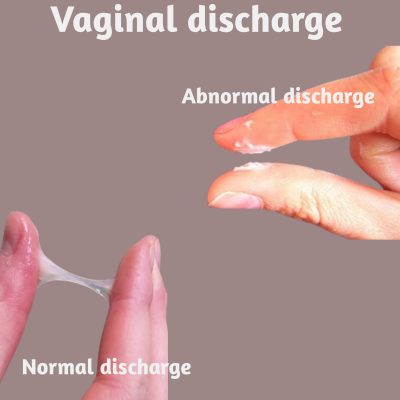UTI and STI
Urinary Tract Infection Vs Sexually Transmitted Infection
It may be difficult to know which of these two diseases you are suffering from without thorough diagnosis as they exhibit almost the same symptoms. While a UTI causes painful and burning sensation during urination, some sexually transmitted diseases (also known as STIs) such as gonorrhea and chlamydia may also cause painful and burning sensation during urination. in this article, we shall be examining the differences between UTI and STI.
What Is STI?
Although certain STIs can be transmitted by close touching or skin to skin contact, STIs are mainly transmitted via sexual contact, which includes oral, vaginal, and anal sex. They are brought on by viruses, bacteria, or parasites.
Symptoms of STI in men include:
Frequent or painful urination
Pain associated with bowel motions
Discharge or dripping of the penis
Itching or burning on or near the penis
Penis, anus, mouth sores
Pimples and blisters
Pelvic ache
Symptoms of STIs in women include:
- Urinating causes burning or agony
- Urinating more often
- pain or itching in the vaginal
- abnormal vaginal discharge, or odor, or bleeding
- Painful sex
- Pelvic discomfort
- vaginal, vulva, anus, or mouth sores
- pimples, or blisters

Note that some STIs do not show any symptoms and therefore the carrier may detect it late.
What is UTI?
Urinary tract infection is an infection that affects the urinary system. It occurs when bacteria enter the urethra (the tube that transports urine from the bladder to the penis or vulva). This infection can affect anybody including children and they are not sexually transmitted.
Symptoms Of UTIs
The symptoms of UTI are always the same in men, women, or children. They include:
- Burning or discomfort during urination
- Stinking urine
- Frequent urination
- Blood in urine
- Having the urge to urinate even when your bladder is empty
- Cramping and pressure in the groin or abdomen
A urinary tract infection may sometimes spread from bladder to the kidney hence causing kidney infection. If this happens, the following symptoms may occur:
- Vomiting and nausea
- Chills and fever
- Lower back, leg pain, and sides
The Difference Between STIs and UTIs
You can tell whether you have STI or UTI by observing your other symptoms apart from frequent, painful, and burning urination.
Discharge or skin changes such as blisters are more likely to occur due to STI
You may be suffering from UTI if you feel the urge to pee when your bladder is empty.
STI And UTI Diagnosis
A urine test (for UTIs and some STIs), swab analysis (for STIs), or blood test are required for proper diagnosis.
Complications
If STI or UTI are left untreated, it can cause several organ failures, infertility and among other complications, in rare cases, untreated UTI can lead to death due to sepsis.
How To Prevent UTI And STI
- Drink plenty of water daily
- Cranberry juice can also help prevent infections.
- Take your personal hygiene and general cleanliness very serious
- Avoid holding urine for long periods of time
- Avoid using diaphragms and non lubricated spermicidal condoms for birth control
- Ensure your toilet is clean. If possible, avoid using public toilets
Treatment For UTI and STI
Both infections require medical treatment. Your doctor is most likely to prescribe antibiotics for the treatment.
Some herbal medications can also be used in treating STI and UTI
Fekomi Herbal Products For UTIs and STIs
Detox tea (for detoxifying the body system before treatment commences)

Terminator (for acute and chronic UTIs and STIs)

Immunosin (can also be used as immune booster)

Need to speak with a healthcare consultant?
You may not find it comfortable to discuss your sexual health and genitals with a healthcare physician but you have got nothing to be embarrassed about. Getting therapy as soon as possible will help you feel better, so don’t put it off.
Book an appointment with a certified health consultant at Fekomiwellness today and begin your wellness journey. Kindly call our desk line on +2349074197154 for more enquiries.

Pingback: Epididymitis - Fekomi Herbals
Pingback: Sperm Cramp - Fekomi Herbals
Pingback: Inflammation Of The Epididymis (Epididymitis) - Fekomi Herbals